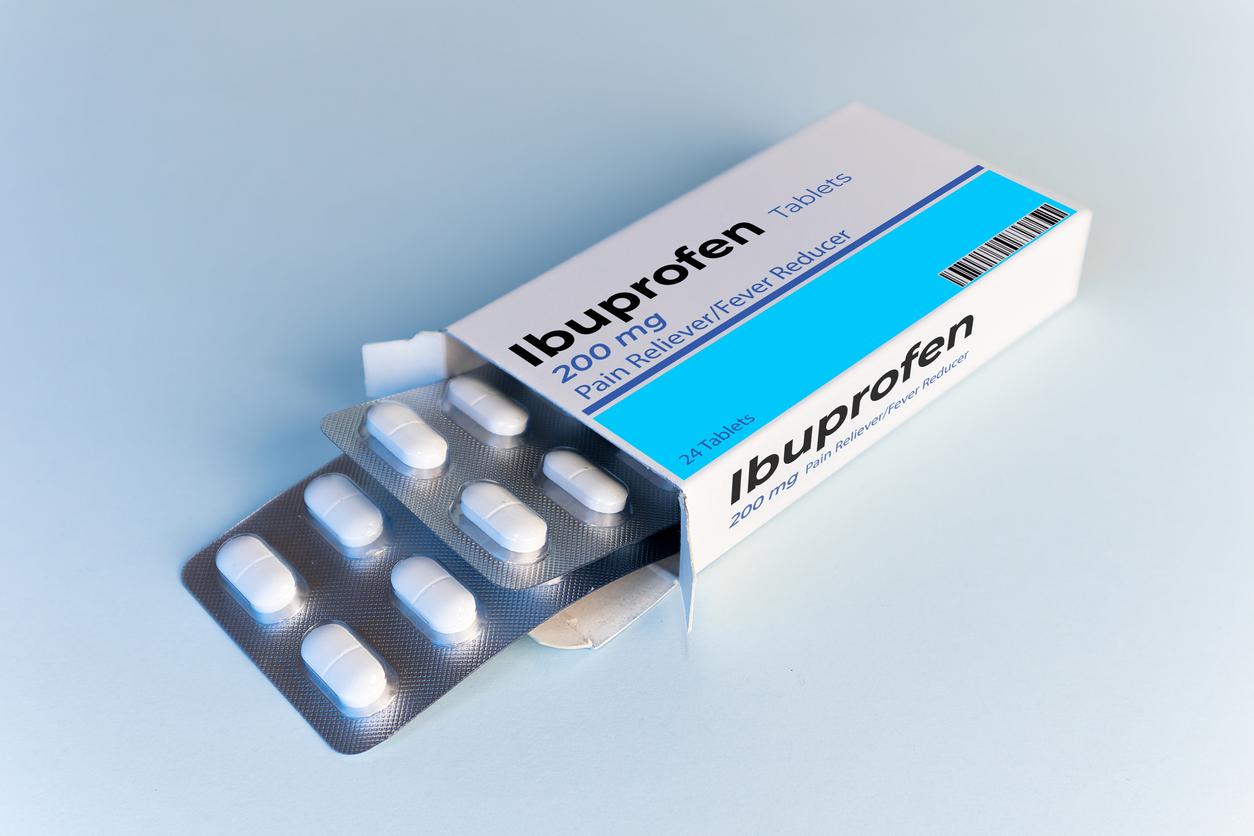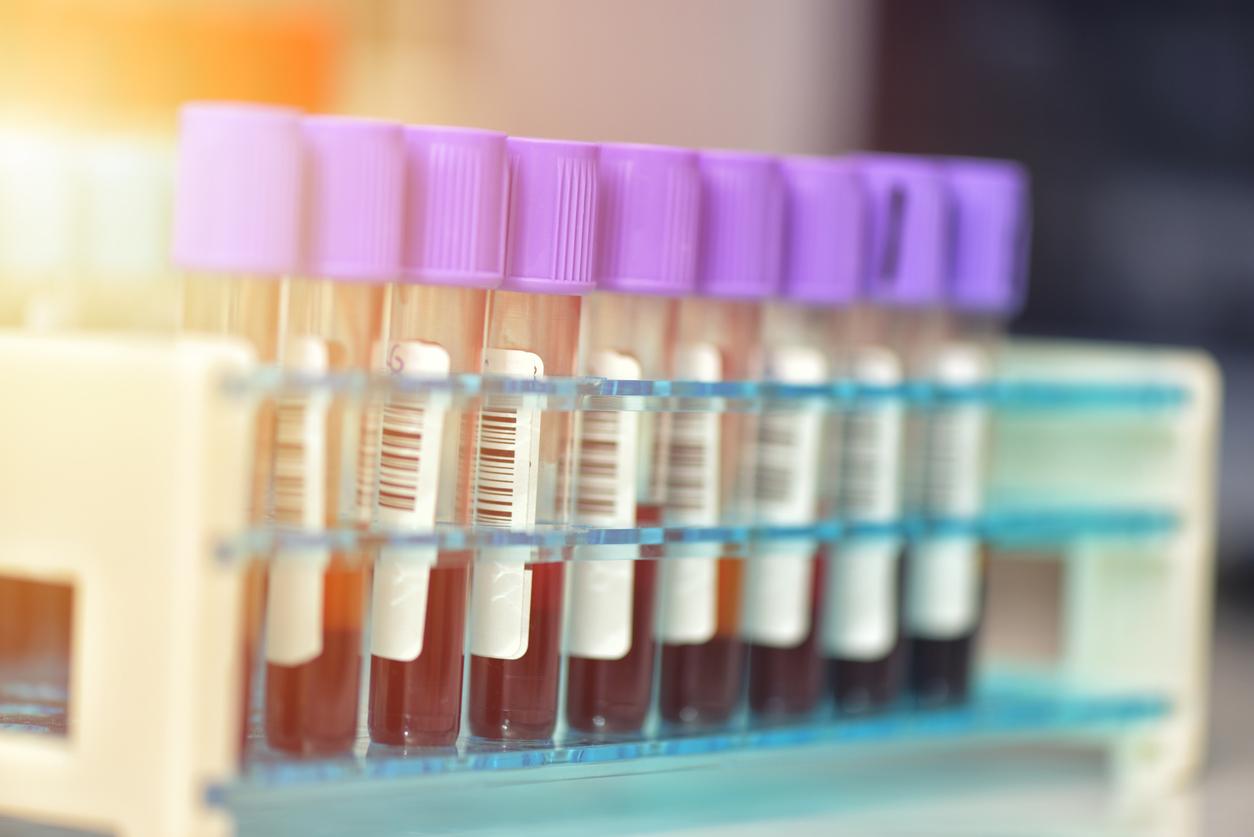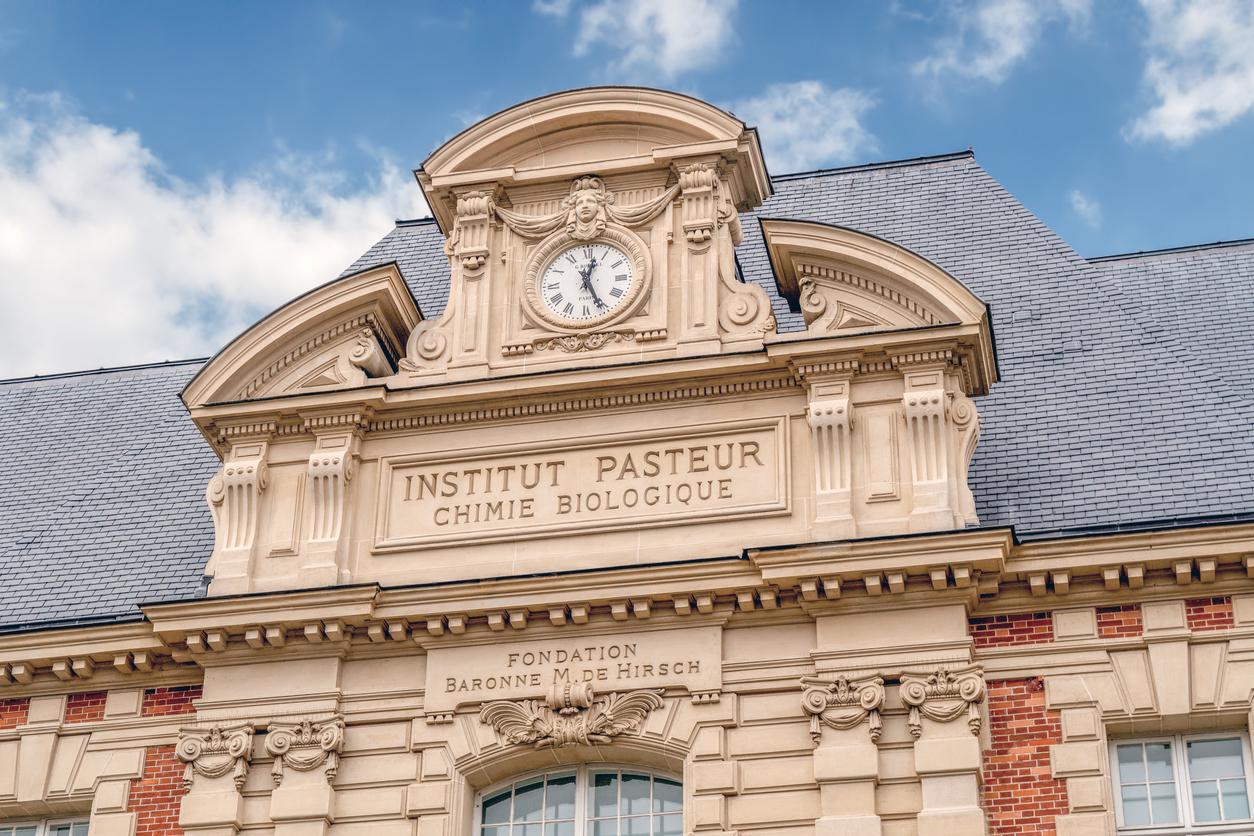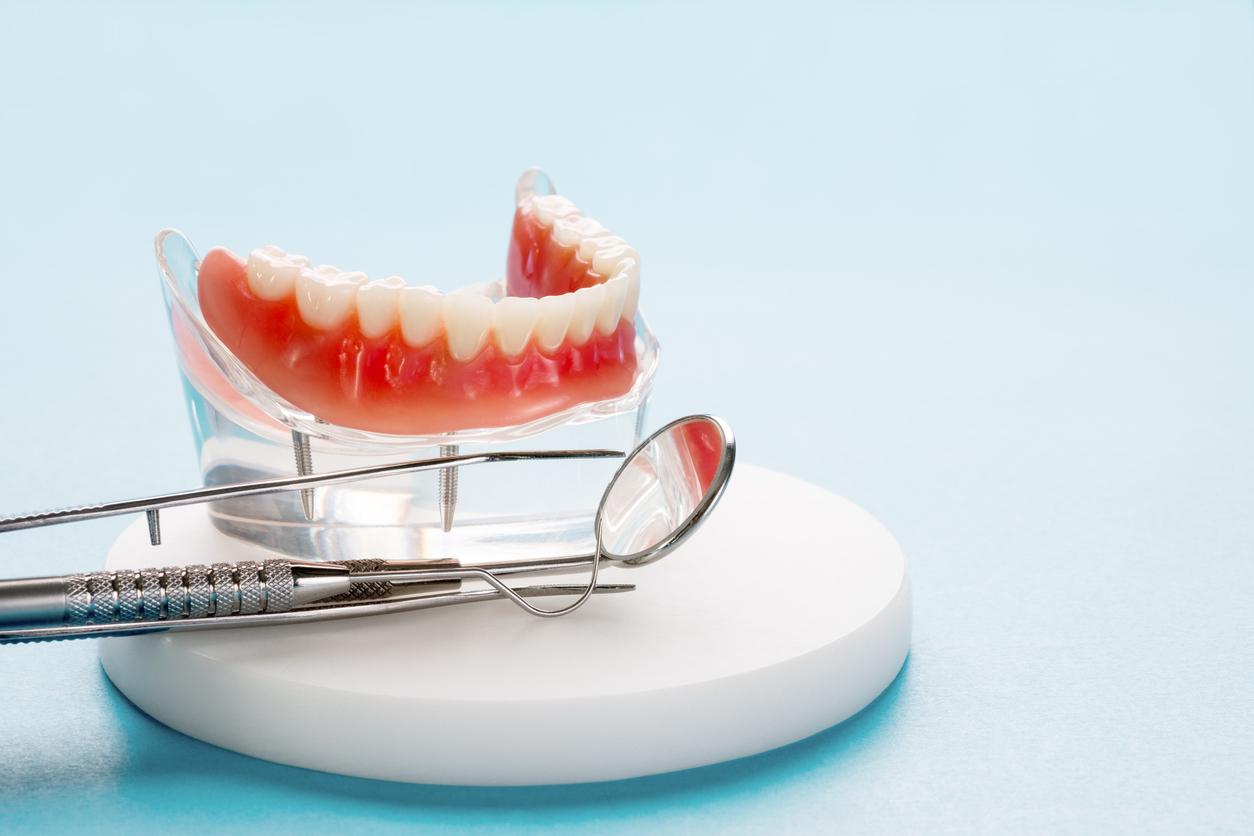Large Controlled Clinical Trial Finds ‘Symbiotic’ May Help Prevent Serious and Less Serious Infant Infection

Sepsis is a life-threatening generalized condition in newborns, especially in developing countries. The combination of a probiotic and a prebiotic could help prevent this infection.
A new randomized, double-blind, placebo-controlled trial reveals that a “symbiotic”, that is to say the combination of a probiotic, made up of a strain of Lactobacillus plantarum, with a prebiotic, here fructo- oligosaccharide, may help prevent sepsis in newborns. This is the conclusion of a study published in Nature.
Researchers recruited 4,556 healthy newborns weighing at least 2,000 g at birth, born at 35 weeks gestation or more, breastfed and showing no signs of sepsis or other morbidity, in 149 Indian villages. chosen at random in order to follow them for 60 days. Neonatal and infant mortality rates in the regions studied are among the highest in India, according to the Odisha State Government’s Department of Health and Family Welfare.
A probiotic and prebiotic combination
The infants in the treatment group (n = 2,278) took a daily dose of symbiotic consisting of a capsule containing 109 units of Lactobacillus plantarum (ATCC strain 202195) and 150 mg of fructooligosaccharide as well as 100 mg of maltodextrin as excipient), while the placebo group (n = 2,278) took capsules containing only 250 mg of maltodextrin.
The probiotic strain was initially isolated from the stools of healthy volunteers and when given to infants in another study, it successfully colonized their gut and stayed there for up to 4 months. Newborns who took the symbiotic had a significantly lower risk of sepsis.
A 2 times lower risk of sepsis under symbiotic
Only 5.4% of infants who took the symbiotic developed sepsis in their first 2 months of life, compared to 9% of those who received a placebo. The researchers calculated that the reduction in the risk of sepsis was between 25-50%.
Some cases of sepsis in newborns start in the gut and the symbiotic can prevent them by reducing pathogenic microorganisms or preventing commensal bacteria from entering the bloodstream and causing infections. In addition to preventing sepsis, the symbiotic also reduced the risk of less serious infections with Gram-positive bacteria (by 82%), Gram-negative bacteria (by 75%), and pneumonia and other respiratory tract infections. (by 34%).
Regarding tolerance and safety, the symbiotic was well tolerated and did not cause any harmful side effects. Only 6 cases of abdominal distension were reported in the two groups.
Reduce the consumption of antibiotics
This is the first large clinical trial that demonstrates the benefits of a symbiotic for the prevention of sepsis in newborns in a developing country. Beyond protecting infants against serious and less serious infections, this approach would also reduce the prescription of antibiotics, preserve the intestinal microbiota and slow the spread of resistance.
The cost of prevention is minimal (one week of symbiotic costs one US dollar) and the effect major: treating 27 infants is enough to prevent one case of serious infection.
.

















